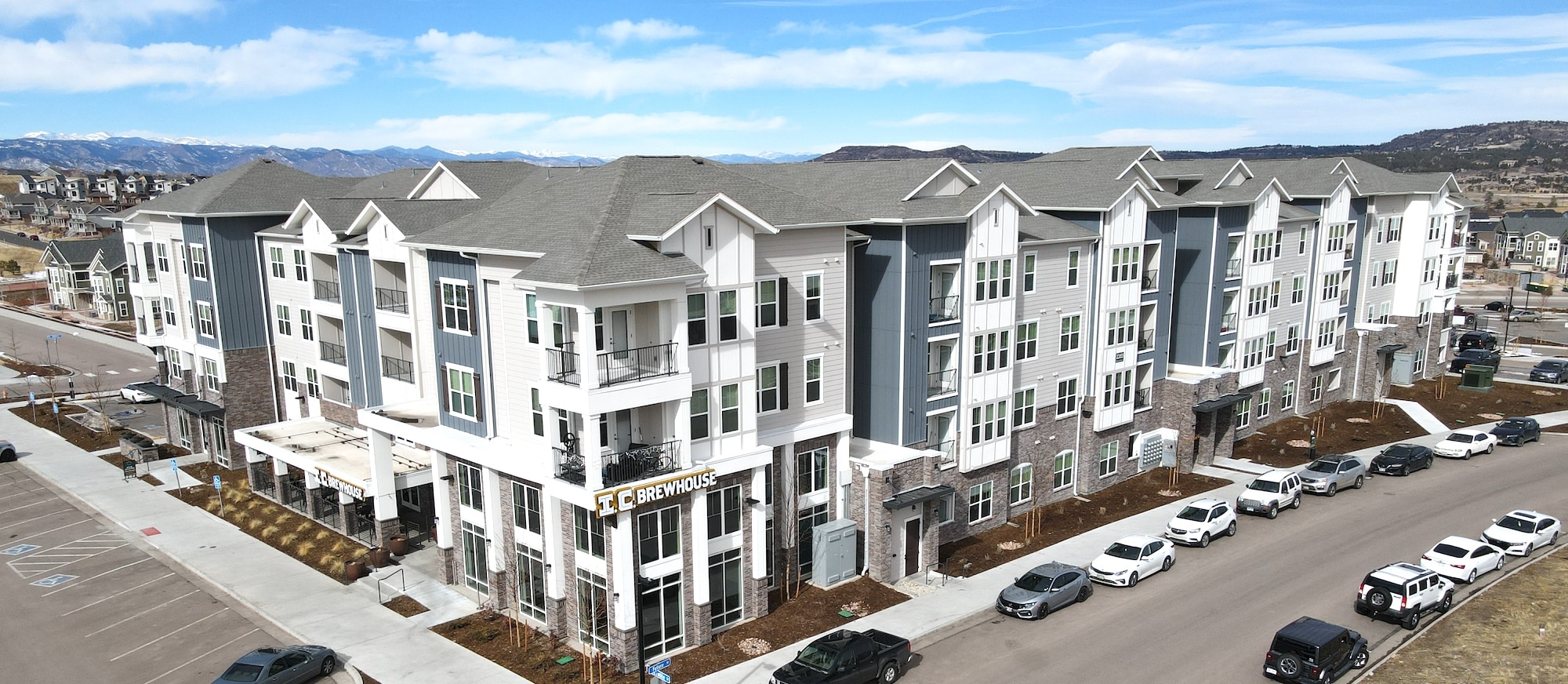When it comes to roofing in Colorado, energy efficiency should be at the forefront of your decision-making process. The state’s dynamic climate—featuring hot summers, snowy winters, and everything in between—demands roofing solutions that not only protect your home but also reduce energy consumption. Here’s a comprehensive guide to selecting energy-efficient roofing in Colorado.
1. Understand Colorado’s Climate Challenges
Colorado experiences over 300 days of sunshine annually but also endures freezing winters and occasional hailstorms. An energy-efficient roof must handle:
Extreme Temperature Swings: Insulating your home against both heat and cold.
UV Exposure: With higher altitudes, homes are exposed to intense sunlight.
Severe Weather: Resilience against hail and wind is crucial.
2. Prioritize Reflective Roofing Materials
The materials you choose can significantly impact energy efficiency. Look for options with high solar reflectance and thermal emittance:
Metal Roofs: Durable and excellent at reflecting sunlight, reducing cooling costs in summer.
Cool Roof Shingles: Asphalt shingles coated with reflective granules to minimize heat absorption.
Tile Roofing: Clay or concrete tiles provide natural insulation and are ideal for energy efficiency.
3. Insulation and Ventilation Are Key
Even the best roofing materials won’t perform well without proper insulation and ventilation:
Insulation: A well-insulated roof reduces heat transfer, keeping your home warmer in winter and cooler in summer.
Ventilation: Adequate attic ventilation prevents heat buildup in summer and ice dams in winter, enhancing energy efficiency.
4. Consider Roof Color and Coating
The color of your roof can influence its energy efficiency:
Lighter Colors: Reflect sunlight better, making them ideal for Colorado’s sunny climate.
Special Coatings: Reflective coatings can be applied to most roofing materials to boost their energy efficiency.
5. Invest in Solar-Ready Roofing
Colorado is a leading state for solar energy adoption. If you’re considering solar panels, ensure your roofing system can support them:
Choose durable materials like metal or composite shingles.
Work with a roofing professional to ensure compatibility with solar installations.
6. Look for Energy Star® Ratings
Energy Star-certified roofing materials meet strict guidelines for energy efficiency. These materials:
Reduce energy costs by up to 15%.
Often qualify for federal or state tax credits, providing additional savings.
7. Work with Experienced Roofing Professionals
Choosing the right roofing material is only part of the equation. Installation quality matters just as much:
Hire a local roofing contractor familiar with Colorado’s climate.
Look for a company that offers energy audits to identify the best roofing solutions for your home.
8. Factor in Local Building Codes and Incentives
Colorado has specific building codes that promote energy efficiency. Additionally, many counties and cities offer incentives for energy-efficient upgrades:
Check for rebates or tax credits for installing reflective roofing materials or solar panels.
Verify that your chosen roofing materials comply with local regulations.
Final Thoughts
Investing in energy-efficient roofing is not just a smart financial decision; it’s also an eco-conscious one. By choosing the right materials, ensuring proper installation, and taking advantage of local incentives, you can protect your home while reducing energy costs and environmental impact.
Ready to upgrade your roof to an energy-efficient solution? Contact Tectum Roofing today for a consultation with Colorado’s trusted roofing experts!


